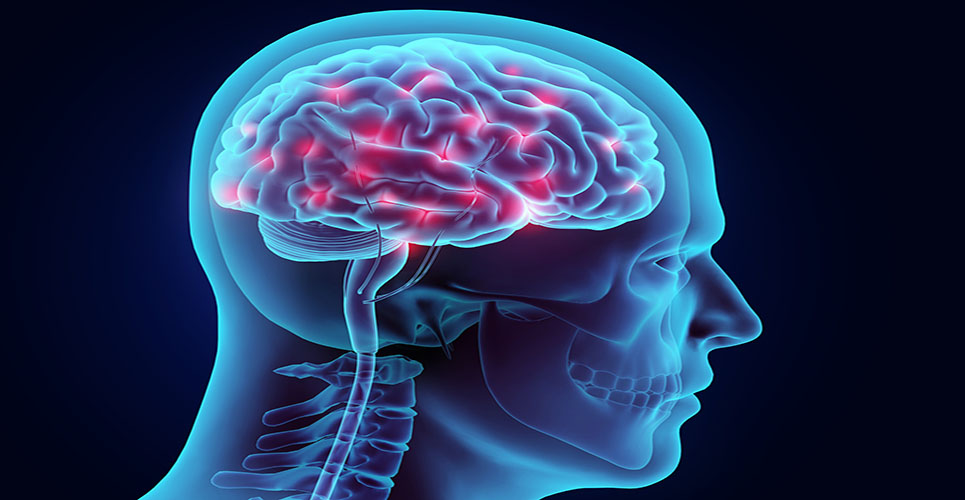teaser
Results from an international, placebo-controlled trial, presented for the first time at the American Academy of Neurology (AAN) Annual Meeting in Seattle, USA demonstrate that Mirapexin/Sifrol (pramipexole) also improves depressive symptoms, a common, disabling non-motor symptom of Parkinson’s disease (PD), in addition to its established efficacy in treating the motor symptoms of PD.
The “PD-depression” study, a large-scale, prospective, double-blind trial, was designed to compare the non-ergot dopamine agonist pramipexole versus placebo for the treatment of PD patients with depressive symptoms and stable motor function.
The results confirm the findings from an earlier clinical study where pramipexole had shown an antidepressive effect comparable to that of an SSRI when treating PD-related depressive symptoms, and support data from other trials which suggested that pramipexole may have a positive effect on depressive symptoms and motivation associated with PD.

“The wealth of data obtained from earlier trials with pramipexole looking into the treatment of this often overlooked non-motor symptom, along with its known efficacy in treating the motor symptoms of PD, made this drug the optimal choice for this new trial,” commented Professor Paolo Barone, Department of Neurological Sciences, University of Napoli-Federico II, Naples, Italy and lead investigator of both the PRODEST and the “PD-depression” studies.
Previously, the PRODEST study had shown that up to 40 percent of the studied PD patients continued to experience depressive symptoms in spite of receiving an antidepressant treatment.
“The interpretation of these findings reinforces many experts’ view that depressive symptoms in PD patients may require a different treatment approach. Establishing an effective treatment for this non-motor symptom of PD is important for patients, caregivers and for physicians, as it could also mean a reduction in the number of medications needed to effectively manage the spectrum of PD symptoms. This in turn would reduce patients’ risk of drug-drug interactions and possible antidepressant drug side effects,” added Professor Barone.
